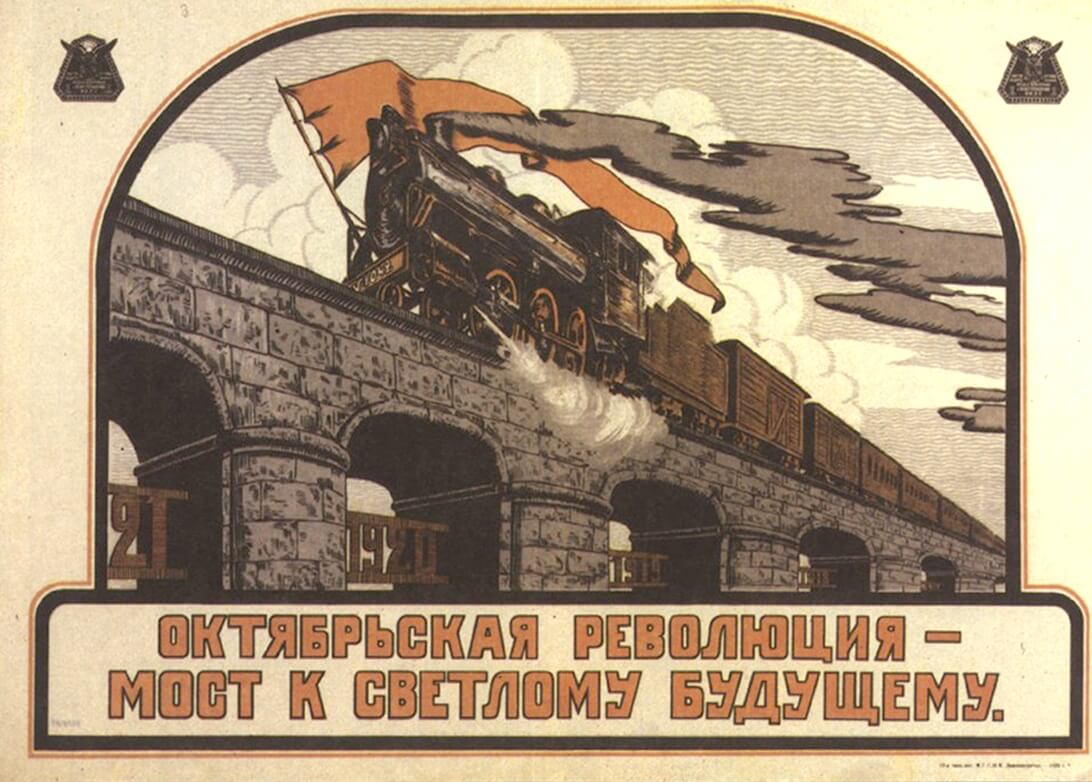The "Petty-Bourgeois Woman" and the "Soulless Philistine": Gender Aspects of Soviet Everyday Life from the Mid-1960s to the Mid-1980s
Olena Stiazhkina
Donetsk UniversityDecember 18, 2015 / 5.00 pm
Center for Urban History, Lviv
This topic is one of the focuses of a study Olena Stiazhkina published in 2013 under the title: "People of the Soviet Province: Learning Refusal".
Many knew her personally. The woman who stood in queues in Soviet shops. The one who "acquired" groceries under the counter, the one who "knew people" everywhere. The one who wanted beauty, comfort, and was at times proclaimed bourgeois. What about Him? According to the logic of things, the ideological-hermeneutical reality of Soviet society had to have a Him - the "bad guy" who exchanged "the high striving of the mind" for the satisfaction of his base needs. According to this same logic, He ought to have been called "bourgeois" as well. However, this label was never (or almost never) used to refer to a man.
"Language is capable not only of constructing symbols that are highly abstracted from everyday experience, but also of "bringing back" these symbols and appresenting them as objectively real elements in everyday life" (Peter Berger and Thomas Luckmann). The "petty bourgeois" woman and the "soulless philistine" were objectively existing elements of everyday life not only in the context of "our Soviet Novojaz" but also in the context of real, pragmatic practices.
The speaker talked about the following:
What was the "little agreement" between the Soviet authorities and people in the context of consumption practices? Why were the executors of the agreement mostly women and how did it happen that some points of the agreement were secret from men? Why is she petty bourgeois, he philistine, but they almost never townspeople?
Olena Stiazhkina
is a professor of history at Donetsk University. She is the deputy editor of the collection “New Pages of Donbas History,” member of the editorial board of the “Bulletin of Donetsk National University: Historical Science,” journal “Historical and Political Research,” member of the Ukrainian Association for Research in Women’s History and the Ukrainian Association of Oral History. She now lives in Kyiv and works in Donetsk University, which has been moved to Vinnytsia.
Credits
Сover Image: Soviet propaganda poster "October Revolution - a bridge to a bright future", 1929.
